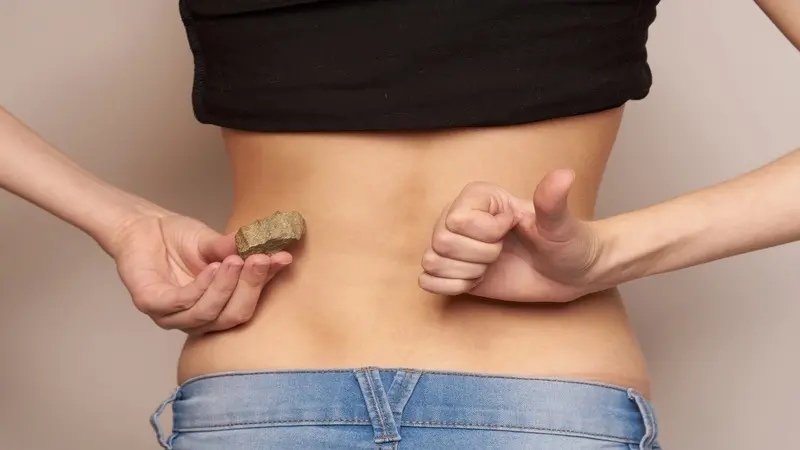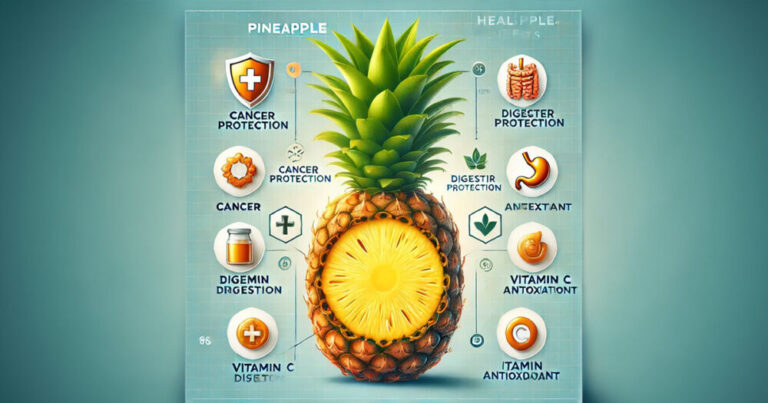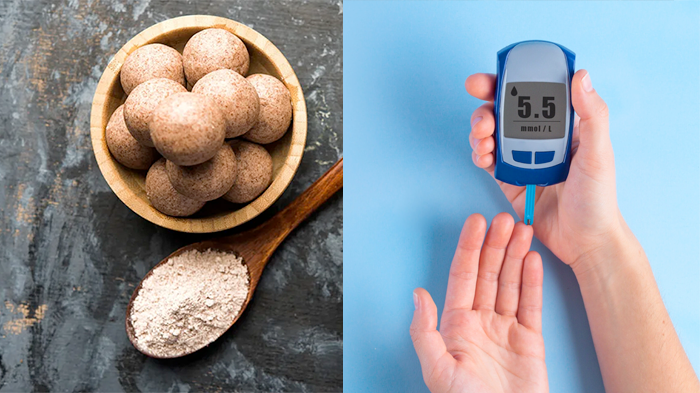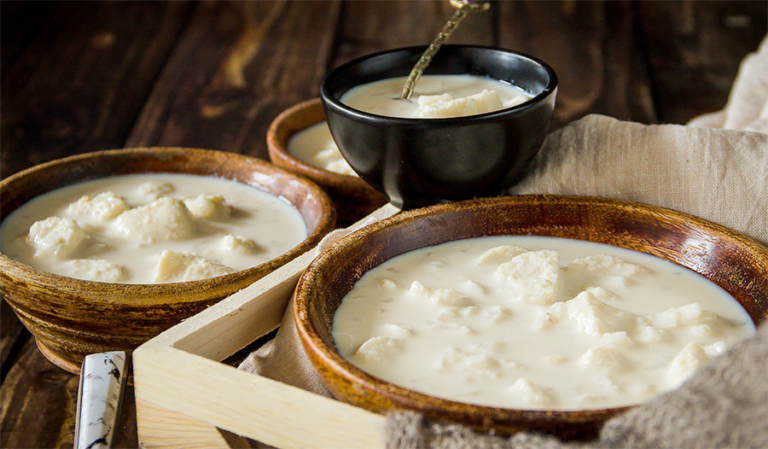Kidney stones are a relatively common condition that can occur during pregnancy, causing discomfort and potential complications.
In this article, we will explore the causes, symptoms, and management of kidney stones in pregnancy
Causes:
The development of kidney stones during pregnancy can be attributed to various factors, including:
- Hormonal changes: Pregnancy leads to hormonal fluctuations that affect the urinary system, including the kidneys. These hormonal changes can alter the balance of minerals and fluids in the urine, increasing the likelihood of stone formation.
- Increased urine concentration: During pregnancy, the kidneys work harder to eliminate waste products from both the mother and the developing fetus. This increased workload can result in concentrated urine, making it easier for minerals and salts to crystallize and form stones.
- Reduced urinary flow: As the uterus expands during pregnancy, it can exert pressure on the ureters, the tubes that carry urine from the kidneys to the bladder. This pressure can restrict the flow of urine, contributing to stone formation.
- Dietary factors: Certain dietary habits, such as excessive consumption of salt, protein, or oxalate-rich foods (such as spinach, chocolate, and nuts), can increase the risk of developing kidney stones.
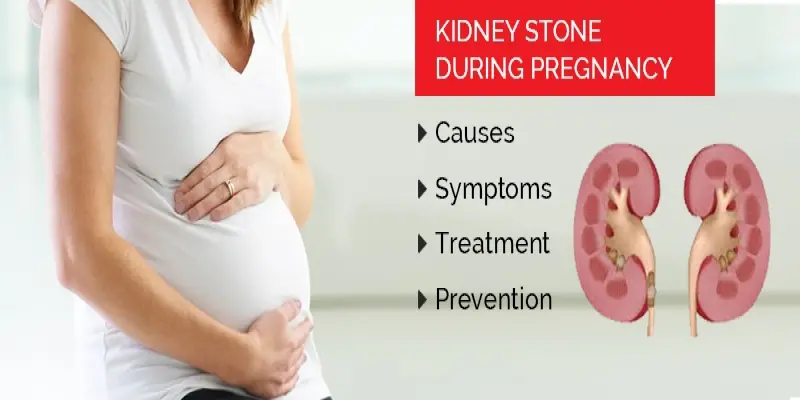
Symptoms of kidney stones during pregnancy
The symptoms of kidney stones in pregnancy are similar to those experienced outside of pregnancy and may include:
- Severe pain: The most common symptom of kidney stones is intense pain. It usually originate in the back or side and radiating to the lower abdomen and groin. The pain can come in waves and may be accompanied by nausea and vomiting.
- Hematuria: Blood in the urine, known as hematuria, may be present due to the passage of the stone through the urinary tract.
- Urinary frequency and urgency: Pregnant women with kidney stones may experience an increased need to urinate or a persistent urge to urinate.
- Cloudy or foul-smelling urine: In some cases, the presence of kidney stones can cause changes in urine color and odor.
Management of kidney stones during pregnancy
The management of kidney stones in pregnancy requires a careful balance between the health of the mother and the developing fetus. The approach to treatment may depend on factors such as the size and location of the stones, the severity of symptoms, and the stage of pregnancy. Here are some management strategies:
- Hydration: Adequate fluid intake is crucial in preventing and managing kidney stones. Pregnant women should aim to drink plenty of water throughout the day to maintain proper hydration and promote urine flow.
- Pain management: To alleviate pain associated with kidney stones, over-the-counter pain relievers that are safe for use during pregnancy, such as acetaminophen, may be recommended. However, it is essential to consult a healthcare provider before taking any medication.
- Monitoring and observation: In some cases, small kidney stones may pass naturally without medical intervention. Close monitoring by a healthcare provider through regular check-ups and imaging studies can ensure the stones are not causing significant complications.
- Medical interventions: If the kidney stones are large, causing severe pain, or leading to complications such as urinary tract infections or obstruction, medical interventions may be necessary. Procedures such as extracorporeal shock wave lithotripsy (ESWL), ureteroscopy, or surgical removal may be considered. The choice of treatment will depend on the specific circumstances and the stage of pregnancy.

Prevention
To reduce the risk of kidney stones during pregnancy, the following preventive measures can be adopted:
- Stay hydrated: Drink an adequate amount of water throughout the day to maintain good urine flow and prevent urine concentration.
- Follow a balanced diet: Consume a well-balanced diet that includes a variety of fruits, vegetables, whole grains, and lean proteins. Limit the intake of foods high in salt, protein, and oxalate
- Avoid dehydration: Avoid activities that can lead to excessive sweating or dehydration, such as prolonged exposure to heat or intense physical exertion.
- Consult healthcare providers: Regular prenatal check-ups are crucial to monitor the health of both the mother and the fetus. Inform healthcare providers about any symptoms or concerns.
In conclusion, kidney stones can occur during pregnancy due to hormonal changes, increased urine concentration, reduced urinary flow, and dietary factors. Recognizing the symptoms and seeking appropriate medical care are essential for managing kidney stones in pregnancy. Hydration, pain management, monitoring, and medical interventions, if necessary, form the cornerstone of treatment. Adhering to preventive measures can help reduce the risk of kidney stone formation. It is important for pregnant women experiencing symptoms or concerns to consult with their healthcare providers for proper evaluation and guidance.
(Disclaimer: This article is for general information only. It cannot in any way be a claim or a substitute for treatment. Always contact your doctor for more details. THE MONK does not confirm this.)

